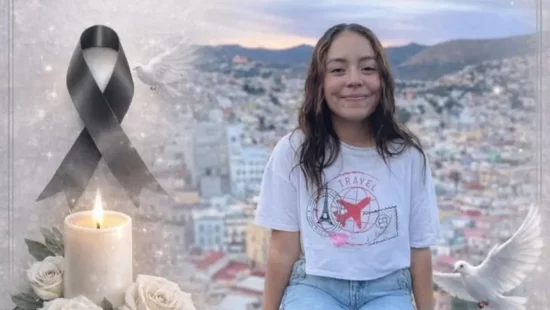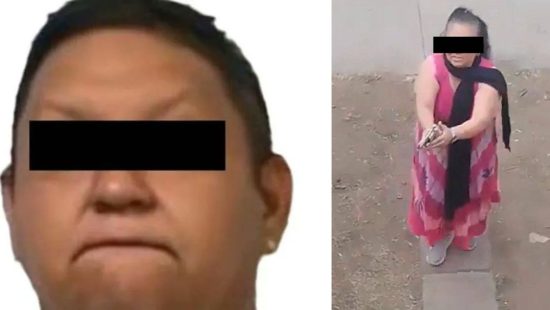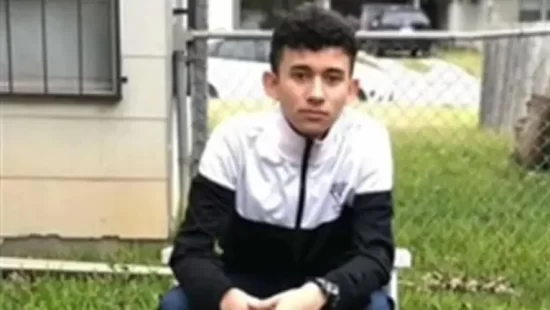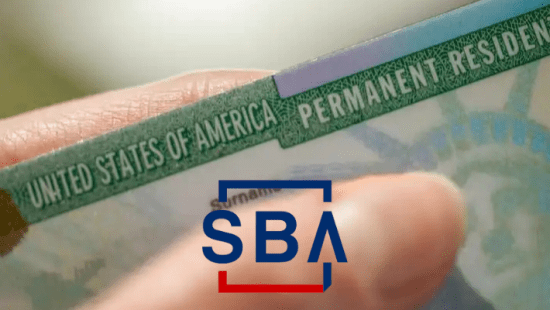“In the immigrant communities, the students carry the weight of the stress that their families are experiencing,” Rubio says.
Her mental health education bill failed in the Senate this year but she vows to bring it back next January
As an elementary school teacher for 20 years, State Senator Susan Rubio came across a number of difficult situations over the years.
But a third grader who heard voices in her head telling her to commit violent acts is one that stands out for her.
“She kept saying it was a constant voice telling her to harm me and harm others,” she recalls. “Her mother didn’t know what to do and used to lock her up at night for fear she would harm her little brother.”
That experience was one of the catalysts for her introduction this year of SB 531, which sought to embed mental health into the state’s educational curriculum through elementary, middle, and high school.
“My ideal situation would be to introduce it (mental health education) in first grade,” she explains.
“To do it in a way that’s age-appropriate, introducing concepts early on about what’s anxiety, bullying, so that by the time they hit 4th grade and they’re dealing with things they’re not equipped to face, we can transition on how they can deal with those feelings.”
Unfortunately, the bill died in the Education Committee.
“They told me that they don’t deal with curriculum in the Education Committee,” Rubio explains incredulously. “My response was, ‘If we don’t deal with it here, where else would deal with it?”
She said committee members wanted to defer to outside agencies on how to implement something like this.
But from experience, she knows how challenging it is to bring curriculum into the classroom when is not mandated.
Rubio is not giving up. She vows to reintroduce the legislation next year and will try to convince colleagues to support her vision. She says she will continue to engage stakeholders and share stories of students impacted by mental health issues. She laments that this year she may not have had enough time to approach her fellow committee members and stress the importance of mental health education.
Above all, students need to know that “It’s OK not to be OK” so they can reach out for help and know who to contact before it’s too late.
“I think of how we can help that student’s mom and the student way before something bad happens,” she says referring to the story of the little girl.
Senator Susan Rubio represents and advocates for over one million residents in the State Legislature. She was elected to the State Senate in 2018 to represent District 22, and was reelected with overwhelming support in 2022. Previously, she served as a public school teacher for 20 years at Baldwin Park and Monrovia school districts, and was an elected official for 13 years in the City of Baldwin Park, according to her website.
A GROWING TREND
According to the Centers for Disease Control and Prevention (CDC), 1 in 7 children ages 3 to 17 have a current, diagnosed mental or behavioral health condition.
Such conditions often show up in early childhood and are more common with increased age, being anxiety, behavior disorders, and depression the most common ailments.
The isolation of the pandemic, social media, and today’s anti-immigrant climate are all stressors affecting minors that may lead to mental health problems.
“In the immigrant communities, the students carry the weight of the stress that their families are experiencing,” Rubio says. “They’re stressed, confused, and anxious and they don’t know where to put that.”
“We have everything from deportation and family separation that is playing in the eyes of the students.”
Similarly, there have been numerous cases of children who commit suicide because of bullying.
And the isolation of the pandemic—where some children didn’t interact with peers for several years—is making it difficult for them to fit in, interact in social settings, and make friends.
“We are failing them because we don’t address this early on,” Rubio notes. “Sometimes I believe the harm has been caused if we don’t catch it as they are going up the grades.”
By the time students reach middle school, she says, “the harm is done.”
EDUCATION COMMITTEE FAILS STUDENTS
Unfortunately, the bill died in the Education Committee.
Rubio is not giving up. She vows to reintroduce the legislation next year and will try to convince colleagues to support her vision.
She knows parents and mental health advocates are behind her, so she owes it to them to try again.
“I want it to be a priority,” she says. “Mental health education saves lives.”








